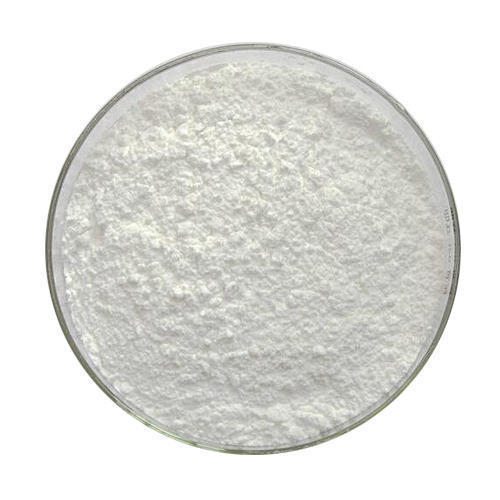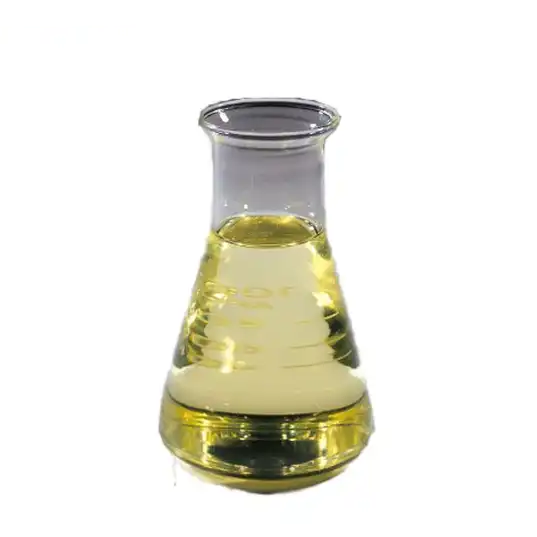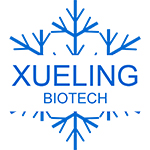

Vitamin E
Vitamin E is also known as tocopherol or pregnogenic phenol. It is one of the most important antioxidants. Soluble in organic solvents such as fat and ethanol, insoluble in water, stable to heat and acid, unstable to alkali, sensitive to oxygen, not sensitive to heat, but the activity of vitamin E is significantly reduced when fried. It is found in cooking oils, fruits, vegetables and grains. Vitamin E is a fat-soluble vitamin that has eight forms, among which DL-α-tocopherol has the greatest activity and strongest antioxidant capacity. Natural vitamin E mainly exists in fruits and vegetables, nuts, lean meat, dairy, eggs, and pressed vegetable oils.
Application
1. Vitamin E is a highly effective antioxidant that protects cell membranes from free radical damage and protects blood vessels, heart, breasts, eyes, skin, glands and other organs. This can prevent many chronic diseases. Such as breast cancer, cardiovascular disease, rectal cancer, etc.
2. Promote protein renewal and synthesis, which can promote wound healing.
3. Promote the proliferation of capillaries and small blood vessels, improve peripheral blood circulation, and increase the supply of oxygen to tissues, thereby creating good nutritional conditions for ulcer healing.
4. Related to reproductive function and sperm production, preventing miscarriage, infertility, and maintaining ovaries.
5. Protect red blood cell membranes and prevent hemolytic anemia.
6. Whitening and freckle removal, hair care, sun protection and skin care.
7. Improve immune function and delay aging.
8. Inhibit the growth of Helicobacter pylori and reduce the recurrence rate of ulcers after healing.
